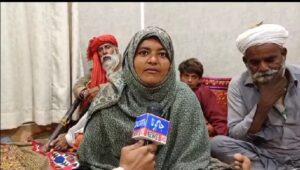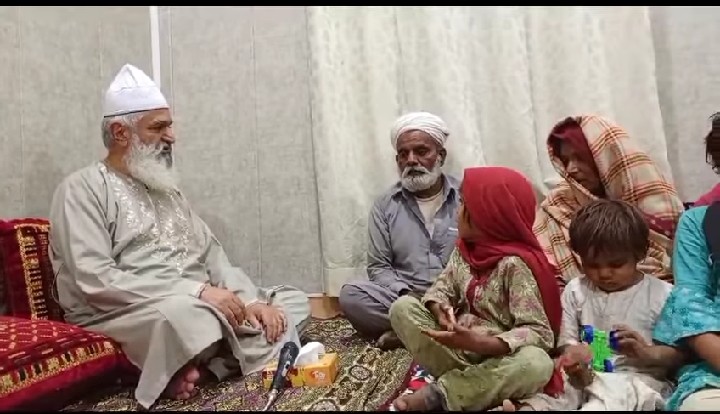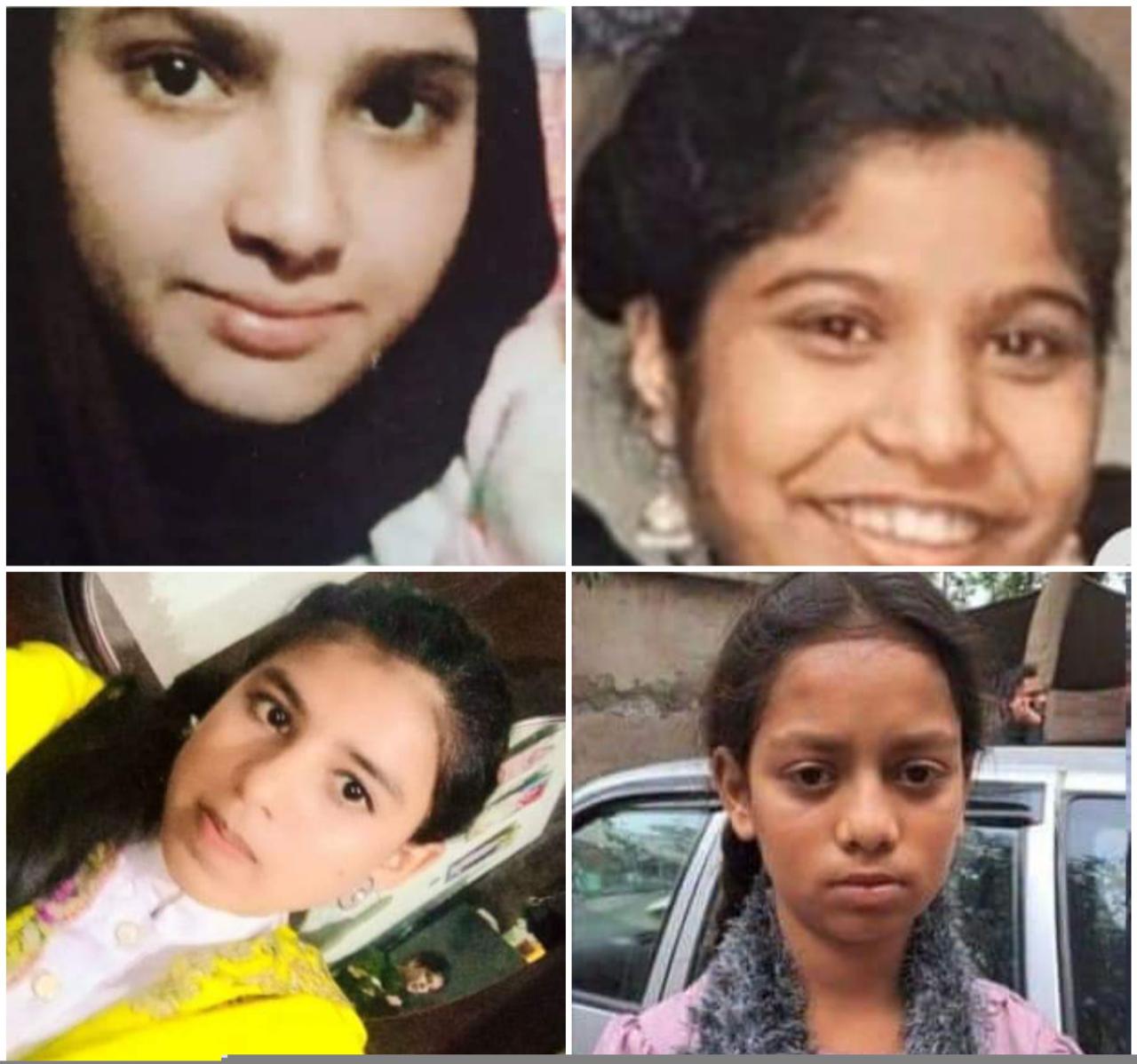In a significant yet concerning development from Sindh, A Hindu family living in Daharki has made headlines after converting to Islam. The incident raises important questions about the circumstances surrounding such conversions and the wider socio-economic factors at play.
The family, led by Surjan Lal and Shamim, met at the residence of Pir Mian Javed Ahmed Qadri, a prominent religious figure in the Katchi Abadi tehsil of Rahim Yar Khan district. It was here that they formally converted to Islam, announcing their new faith with the recitation of the Kalma. In a statement to the media, they stressed that their conversion was voluntary, stressing, “There is no pressure on us, we have become Muslims out of our own free will and pleasure, inspired by Islam.
The Context of the Conversion
While the family claims their decision was made freely, the reality for many Hindu families in Sindh is often fraught with challenges. Economic hardships and a lack of government support for marginalized communities can lead to desperate circumstances. Many poor Hindu families in the region face significant obstacles, including limited job opportunities and inadequate access to basic services.The government’s neglect of these communities has resulted in a situation where some individuals may feel compelled to convert to another religion in search of better prospects. The conversion of the Daharki family highlights a troubling trend; for many, the decision to change one’s faith may not stem solely from spiritual conviction but rather from socio-economic pressures.
The Broader Implications
This incident underscores a critical need for attention to the plight of minority communities in Sindh. Ensuring that all individuals have access to economic opportunities, education, and social support is essential in preventing coerced conversions arising from desperation. It is vital that the government and community leaders work together to create a more inclusive environment where individuals can thrive without feeling compelled to compromise their beliefs for survival.As society reflects on the implications of this family’s conversion, it serves as a reminder of the importance of addressing the underlying issues that lead to such decisions. The challenge lies in fostering a community where faith and economic stability coexist without one undermining the other.In conclusion, the story of this Hindu family in Daharki is not just about a change of religion; it is a reflection of the complex interplay between faith, identity, and the socio-economic landscape of Sindh. It calls for a collective effort to ensure that all communities can practice their beliefs freely and without the burden of circumstance dictating their choices.

For more updates and detailed coverage of this case and other issues affecting the Hindu and Sindhi communities in Sindh, Pakistan, stay tuned to Sindh Renaissance.






